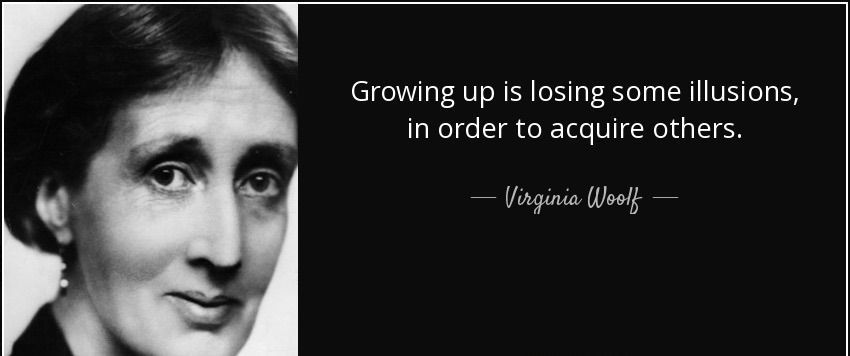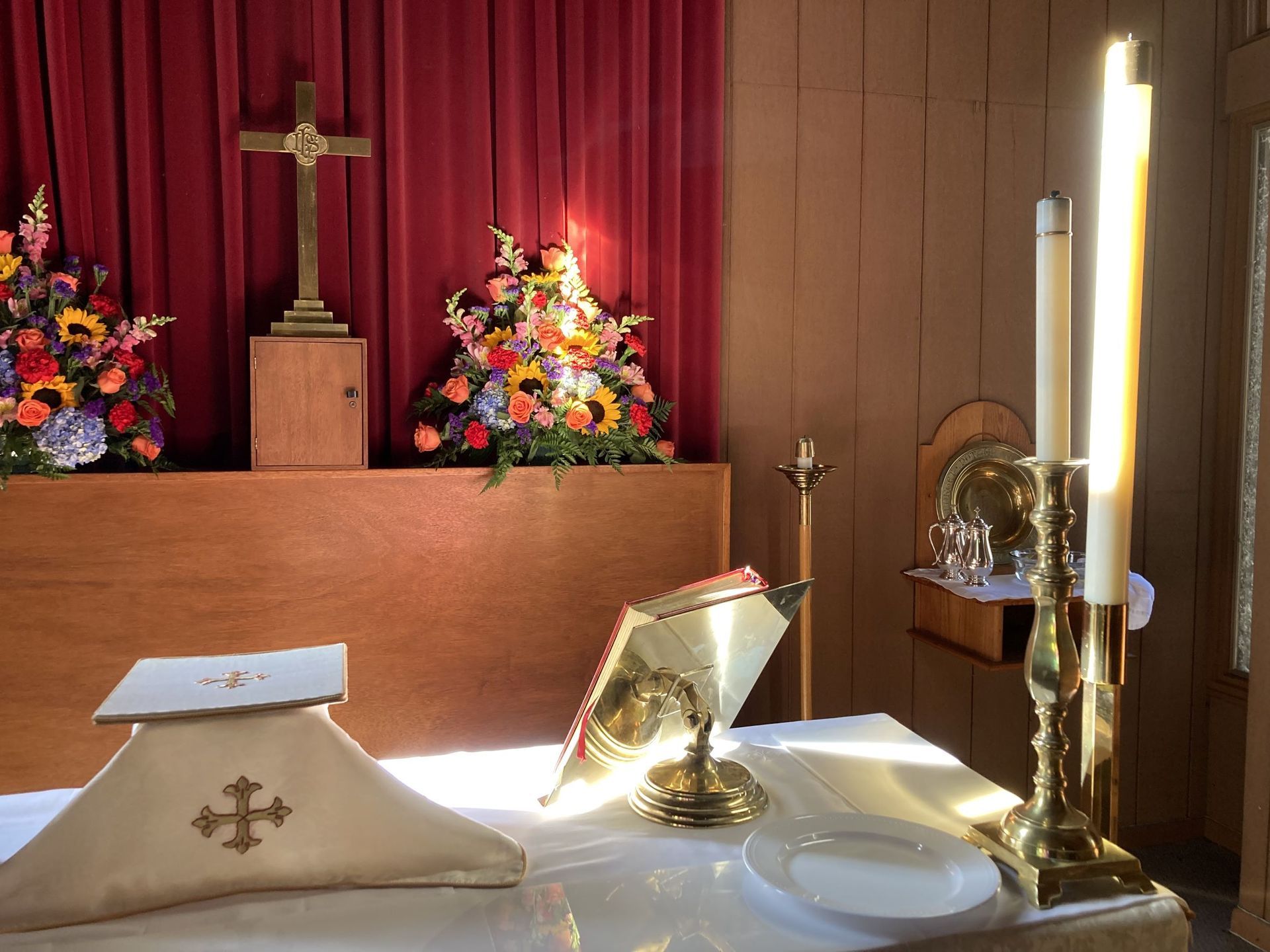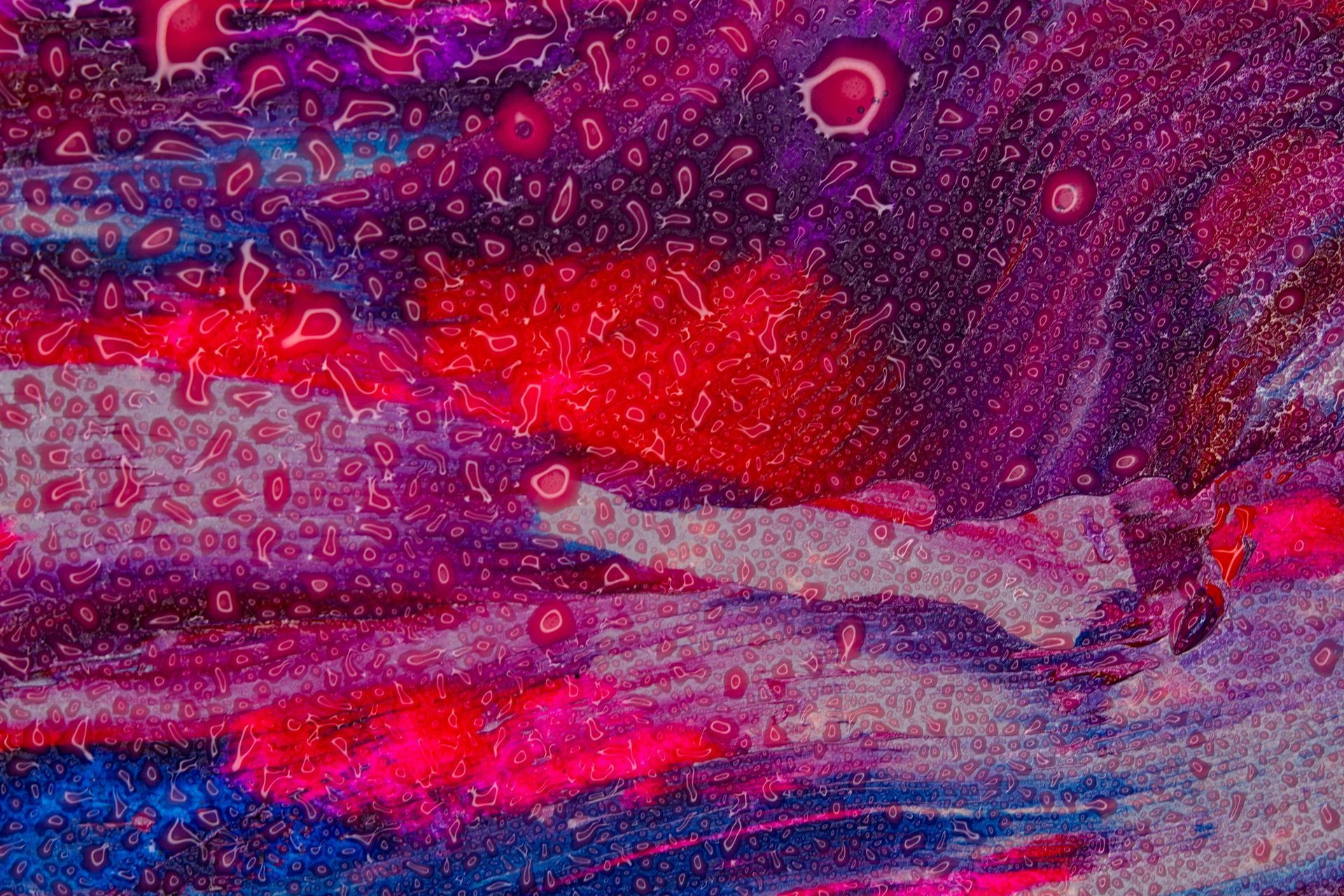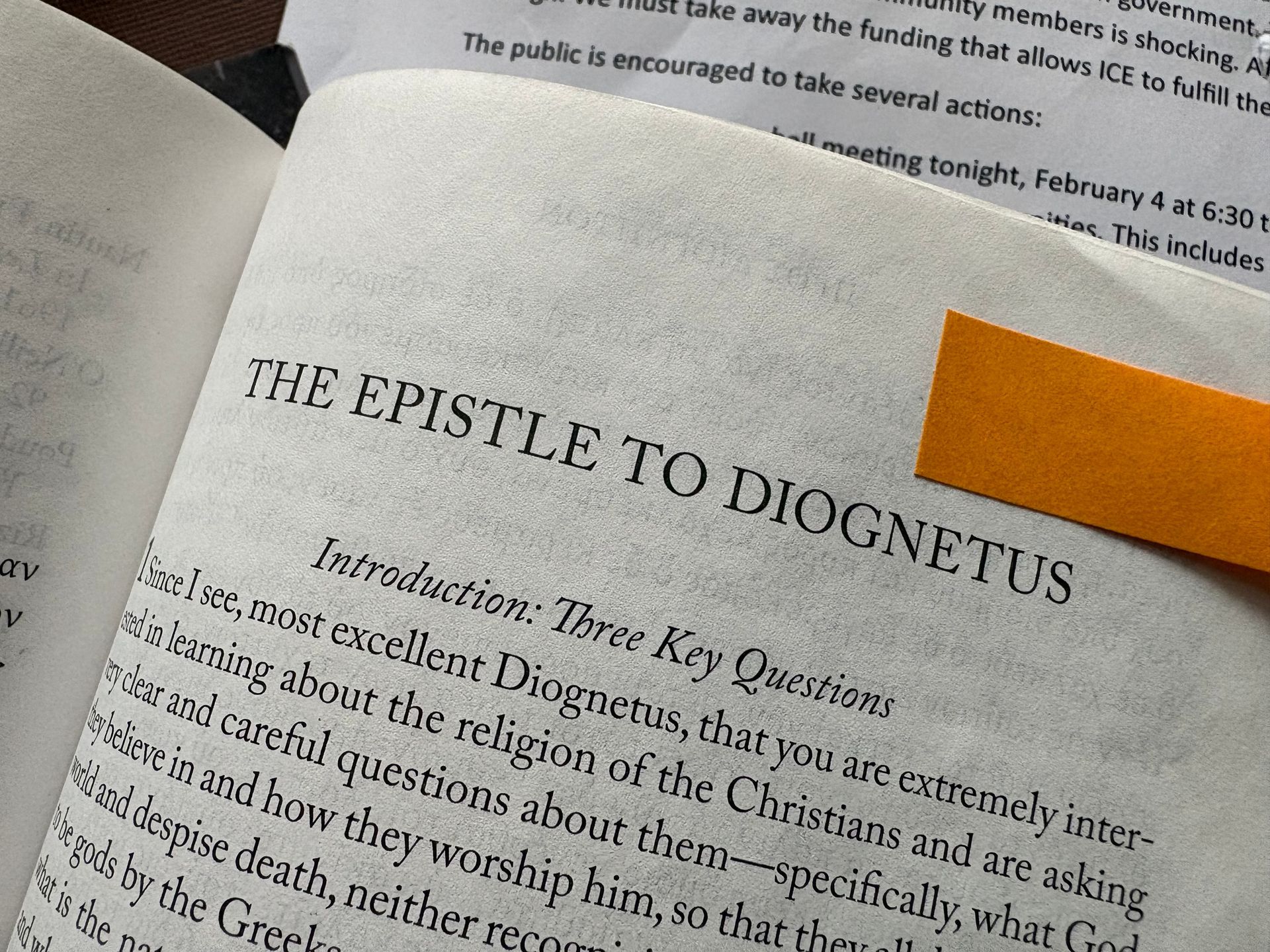Pub Theology 5/7/24 — Many paths, one destination?

“If God truly loves the world, why wouldn’t God create as many paths as there are people?” That’s the question posed by the Rev. Dr. Eric Elnes, a biblical scholar and pastor in the United Church of Christ.
Elnes describes himself as a Christian Pluralist. In many ways this approach to the Christian faith is very different than the idea of a faith based on certainty that we discussed last week. Fellow UCC pastor Roger Adams, in making a case for Christian Pluralism , contrasts it with the kind of exclusivist perspective that last week’s topic referenced, while acknowledging the potential attractiveness of such a faith system.
“Exclusivists are certain that their religion is the one true faith and the only way to salvation. By its nature, exclusivism is socially divisive, as it regards people with different beliefs as wrong—at best mistaken or confused, at worst sinful or evil. Such absolute certainty about beliefs is fragile. It can be shattered by doubts and disagreements, which therefore must be suppressed. Nevertheless, an exclusivist faith community can be very attractive, offering members clarity in the face of life’s complexities, confirmation of one’s social acceptability, and assurance of one’s righteous superiority over outsiders.”
Christian Pluralism, Adams continues, “acknowledges limits and fallibility, and thus accepts that others’ religions may also be true. Note the ‘may’ in that sentence.”
Adams clarifies that this perspective does not claim that all religions are equally true, or that all faiths are the same beneath the surface. Rather, it holds that other religions may contain some truth, just as we believe our own does. “Many peoples in many times and places have struggled to understand existence and have sensed the presence of the Divine. Perhaps we could learn from their insights. Surely, we should not be so arrogant as to think that God has revealed Godself only to one group at one unique time and place.”
Elnes, however, argues that these separate paths are ultimately leading toward the same destination: “Christian pluralism understands that the world’s perennial faiths are like paths up a mountain. While the paths are very different lower on the mountain, they become increasingly close as they approach their highest level of actualization.” Blogger Glenn Harrell makes a similar point, arguing “there are indeed many paths to God and many of these paths take the traveler considerable distances from the destination. Some people will travel their lifetime and yet never arrive before their eventual death and departure from this earth.”
In our discussion this week we’re going to talk about this idea of Christian Pluralism and how we feel about the notion of there being many paths to God. Do you agree with this perspective? What do you see as the strengths and weaknesses of this way of thinking? What objections might we raise to this notion of Christian Pluralism? After all, didn’t Jesus himself say, “I am the way, and the truth, and the life. No one comes to the Father except through me” (John 14:6)?
Join us for the conversation Tuesday evening, May 7, beginning at 7pm at Casa Real in downtown Oxford.







